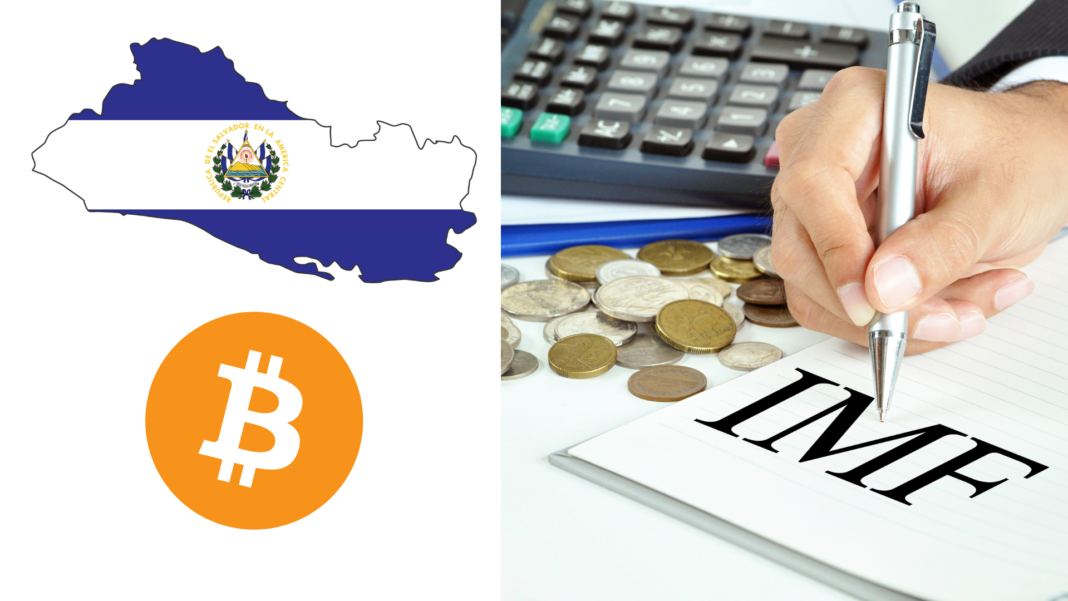El Salvador has decided to step back regarding its Bitcoin policy to get on the IMF’s better side. According to official reports, released earlier today, on December 19th, El Salvador agreed to reduce its contentious Bitcoin rules in exchange for a $1.4 billion (£1.1 billion) loan from the International Monetary Fund (IMF).
The IMF executive board still needs to ratify the pact to support El Salvador’s economy. The new deal comes after IMF was previously not in favor of El Salvador’s Bitcoin policies.
What Did The New Negotiation Include?
Under the negotiation, the government of President Nayib Bukele has relaxed its regulations pertaining to Bitcoin, which was a major obstacle in previous discussions.
The new regulation in the nation will now see that the private sector is free to choose whether or not to embrace cryptocurrencies thanks to recent legal developments.
The IMF said that as a result, the risks associated with El Salvador’s Bitcoin project had “diminished significantly.”
El Salvador’s Previous Bitcoin Policies
El Salvador was the first nation in the world to legalize Bitcoin in 2021. As part of its broader strategy to use digital currency to advance financial inclusion and economic growth, El Salvador has been buying Bitcoin on a regular basis.
Currently, the country owns 5,955 Bitcoins, which are valued at almost $614 million. However, the new legal changes will make private sector adoption of Bitcoin optional. The public sector will have limited access to Bitcoin-related economic activity, including transactions and purchases.
IMF’s Previous Watch on El Salvador
IMF had time and again given warnings to El Salvador regarding its Bitcoin policies.
Previously the international organization had asked the nation to “narrow the scope of the Bitcoin law, give strength to the regulatory framework and oversight of the Bitcoin ecosystem, and limit the public sector exposure to Bitcoin.’
The suggestions came as the organization was in discussions with El Salvador to support economic stabilization. However, despite all the warnings, El Salvador kept buying Bitcoin alongside the roll out of pro-crypto policies.
Although strengthening reforms is a high priority in program discussions between El Salvador and the International Monetary Fund, addressing the dangers related to bitcoin use remains a significant issue of discussion between the two organizations.
The concept of regulated markets and the removal of governmental authority are the primary points of conflict between global regulatory organizations and the digital asset industry.
However, it now seems that the IMF And EL Salvador will likely see eye to eye in terms of economic policies and Bitcoin regulations.


